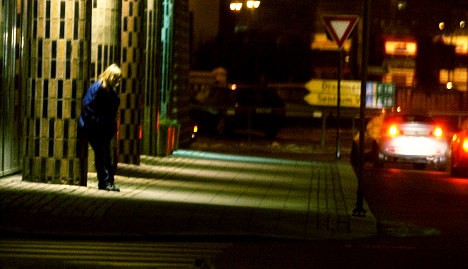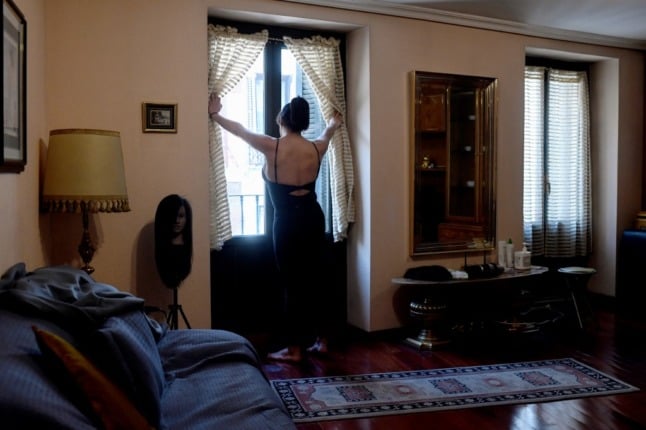In 2011, the number of prostitutes working on the streets and behind closed doors rose by 28 percent compared to the previous year, according to the annual report from Pro Sentret, the country’s official help centre for prostitutes.
Oslo saw a 13-percent increase in street prostitution in the same period, newspaper Aftenposten reports. Earlier, in 2009, when the new law targeting sex buyers was first introduced, half of the capital’s streetwalkers disappeared.
”We are in contact with fewer prostitutes now than we were before the sex buyer ban in 2009, but with the increase from 2010 to 2011 it’s possible to say that the ban hasn’t had the desired effect,” said Bjørg Norli at Pro Sentret.
Around half the prostitutes working in the country are Norwegian, making them by far the largest group.
A quarter of the sex workers are Nigerian. According to Pro Sentret, many of the women in this group are victims of human trafficking.
Many of the remaining women come from Thailand, Romania and Bulgaria, with most aged 20-30.
The 2009 prostitution law prohibits the purchase but not the sale of sexual services, with legislators seeking to stymie the trade by targeting demand.



 Please whitelist us to continue reading.
Please whitelist us to continue reading.
Member comments